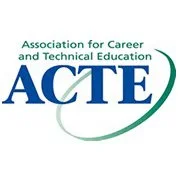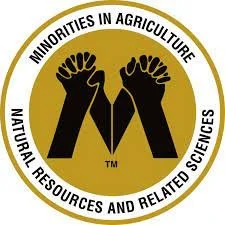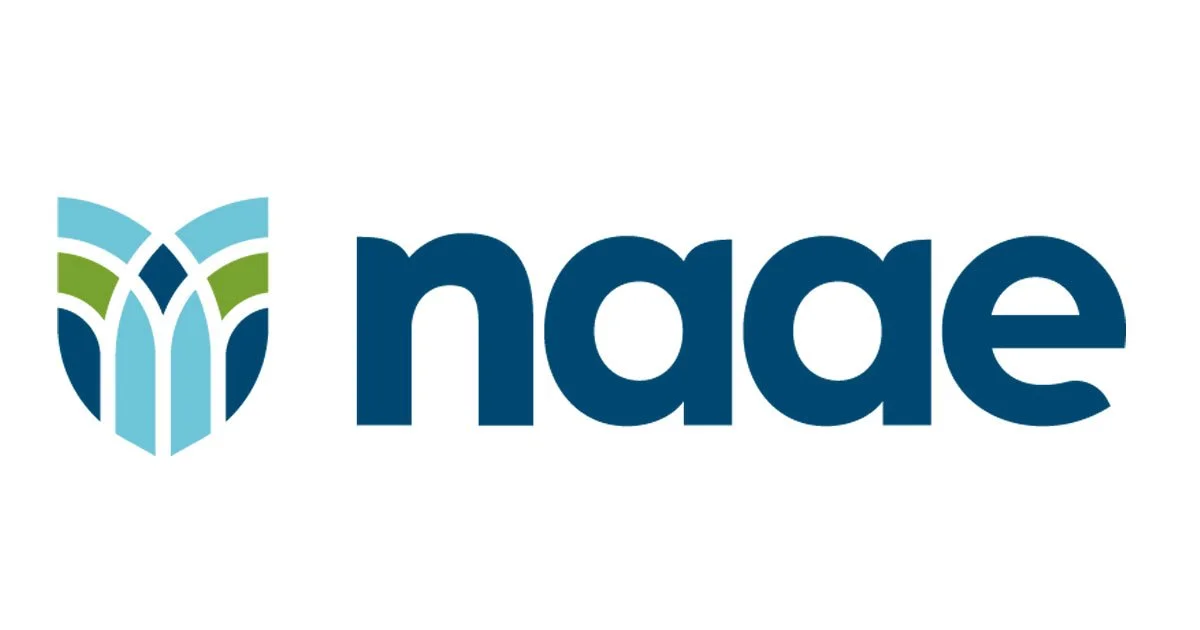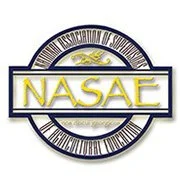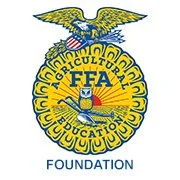Partner Organizations
The success of agricultural education nationwide relies heavily on the strong network of organizations that partner with the National Council for Agricultural Education. These partners provide valuable insights and support, helping to shape effective policies, develop useful resources, and create professional growth opportunities for educators. Their collective efforts help ensure that agricultural education programs remain consistent, relevant, and high-quality at all levels.
A significant part of this network includes Agricultural Education-Related Organizations (AEROs). These are groups with a vested interest in advancing agricultural education and contribute to a unified vision for agricultural education by collaborating to support a well-rounded system that prepares students with the knowledge and skills needed for meaningful careers in agriculture, food systems, and natural resource management.
-
The Association for Career and Technical Education (ACTE) is the largest national education association dedicated to the advancement of education that prepares youth and adults for careers. Its mission is “to provide educational leadership in developing a competitive workforce.” ACTE strives to empower educators to deliver high-quality CTE programs that ensure all students are positioned for career success.
-
The American Association for Agricultural Education (AAAE) is dedicated to studying, applying, and promoting the teaching and learning processes in agriculture. The mission of AAAE is to foster excellence in the discovery and exchange of evidence-based solutions for social science challenges in agriculture and related sciences. AAAE embraces inclusivity, collaboration, professionalism, impact, and innovation. Active membership is open to individuals engaged in agricultural education at U.S. colleges and universities.
-
Historically Black Colleges and Universities (HBCUs) are institutions of higher education in the United States that were established prior to the Civil Rights Act of 1964, with the primary intention of serving the African American community. Today, HBCUs continue to serve the African American community, although most institutions now have more ethnically diverse populations than in past generations.
-
LEAD (Leadership Executives of Agricultural Education and FFA Development) is a professional association of development officers who support their respective states' agricultural education, teachers, FFA programs, and activities. LEAD members take pride in their efforts to develop resources for educator retention, recruitment, and leadership development.
-
MANRRS (Minorities in Agriculture, Natural Resources, and Related Sciences) is a national society that welcomes the membership of people of all racial and ethnic groups with participation in agricultural and related science careers. The mission of MANRRS is “to promote academic and professional advancement by empowering minorities in agriculture, natural resources, and related sciences.” MANRRS encourages its members to fully participate in other professional societies relevant to their disciplinary and career interests. MANRRS provides networks to support the professional development of minorities.
-
NAAE is a federation of state agricultural educators associations with over 9,000 members. Members are involved in school-based agricultural education at all levels, from middle school through postsecondary, and state and national agricultural education leadership. The NAAE mission is to "provide agricultural education for the global community through visionary leadership, advocacy and service.” The NAAE represents 50 state agricultural educators associations. The organization's governing body includes a board of directors with a president, president-elect, and six regional vice presidents.
-
The National Association of Supervisors of Agricultural Education (NASAE) is a professional organization established to provide members with information essential for planning and conducting quality agricultural education programs.
-
FFA makes a positive difference in the lives of students by developing their potential for premier leadership, personal growth and career success through agricultural education. The 1,027,273 FFA members, over 720,000 alumni and supporters, and 9,235 chapters in FFA represent all 50 states, as well as Puerto Rico, and the Virgin Islands. FFA is a diverse organization, operating in rural, urban, and suburban schools. Students aged 12-21 enrolled in school-based agricultural education programs are eligible for membership.
-
The National FFA Foundation supports agricultural education through corporate, nonprofit, government, and individual sponsorships that come from every facet of the agricultural industry. Over 1,300 corporate sponsors and individual donors provide funds and industry expertise to FFA members at every level by sponsoring award and recognition programs, leadership conferences, career experiences, and scholarships. More than $20 million is raised each year to support FFA programs, with less than 20% of contributions spent on fundraising.
-
The mission of the National Farm and Ranch Business Management Education Association is to promote and support farm and ranch management education. It accomplishes this mission by providing in-service education to its members and by collaborating and communicating with others. NFRBMEA, Inc. brings the latest ideas and techniques in farm and ranch business management education to its members.
-
The National Professional Agricultural Student Organization (PAS) is a student-led organization where students build and sharpen their skills to prepare for careers in the agricultural sector. Through competitive style learning and real-life applications, members become skilled professionals ready to work in all facets of the agriculture industry. Students compete at the local, state, and national levels and are guided by faculty advisors to develop the technical, professional, and soft skills necessary for career success in agriculture.

